|
Having seen "The Zookeeper's Wife" on Friday night (see previous post), by Saturday night I was craving a comedy.
...to see another World War II era drama, "Land of Mine." Or that is to say, to see part of it. About an hour into the film I had to leave. My anxiety and distress level was getting too high - artificially elevated, albeit; after all, I was only watching images on a screen. Still I couldn't stand to watch any more images of dirty, bruised, traumatized, starving youngsters in soldier's uniforms being blown partially or completely to bits. Maybe I could have hung in there if the film's story line had been fiction. But the terrible story told in "Land of Mine" was based on history. During the Nazi occupation of Denmark from 1940-1945 the German army buried 2.2 million land mines along the Danish coastline, turning that country's beaches into death traps upon the belief that the Allied invasion would occur along those beaches. After Germany lost the war 2,000 German prisoners of war, many of them teenagers who'd been conscripted in desperation by the Third Reich during its dying days, were handed over to the Danish army and forced to clear the beaches of the mines buried by their army. Over half of those soldiers were killed trying to defuse the mines.
...put to work crawling along a stretch of beach,
...under the command of a Danish Sergeant with a heart full of hatred for Nazi soldiers. To say it's an intense movie is an understatement. Now, having the previous night watched in "the Zookeepers Wife," a re-enactment of the heartless brutality of Hitler's troops, ...and the unspeakable suffering they inflicted upon millions of innocents,
And yet from the beginning of the film I felt as conflicted about the story as the Sergeant eventually did about his charges:
- The soldiers being brutalized by the Sergeant were scarcely more than children, as were many German soldiers by the end of the war; and yet how much more pitilessly were Jewish children brutalized and murdered by German soldiers? - The POW's who were sentenced to the Danish minefields after the war may have had nothing to do with Nazi war atrocities, the occupation of Denmark or the mining of that country's beaches; they likely had no choice in being drafted into Hitler's army; were they aggressors or victims of Hitler's war? - Was forcing war prisoners to risk their lives and limbs from mines that their army planted to destroy the lives and limbs of others justice or injustice? If not German soldiers, whose task should it have been to disarm the mines? The Danes, who'd already suffered their share of death and misery under the German occupation? All those questions swirled through my mind as I watched the movie. Until I left the theater halfway through. As I sat out in the lobby waiting for Tom, who's neither as jumpy nor as squeamish as myself, I wondered why anybody even felt the need to make a movie on such an awful subject as World War II minefields. But later it occurred to me that this is a film that looks at not only the horror but the moral conundrum of war and serves as a cautionary tale of how much longer the hatred for the invader lives on after the war is over. I can understand the value of such a film. I just don't want to see it.
0 Comments
Leave a Reply. |
"Tropical Depression"
by Patti Liszkay Buy it on Amazon: https://www.amazon.com/dp/B0BTPN7NYY "Equal And Opposite Reactions"
by Patti Liszkay Buy it on Amazon: http://amzn.to/2xvcgRa or from The Book Loft of German Village, Columbus, Ohio Or check it out at the Columbus Metropolitan Library
Archives
July 2024
I am a traveler just visiting this planet and reporting various and sundry observations,
hopefully of interest to my fellow travelers. Categories |


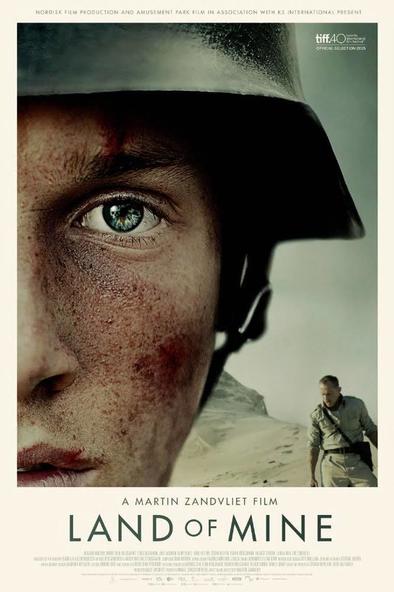
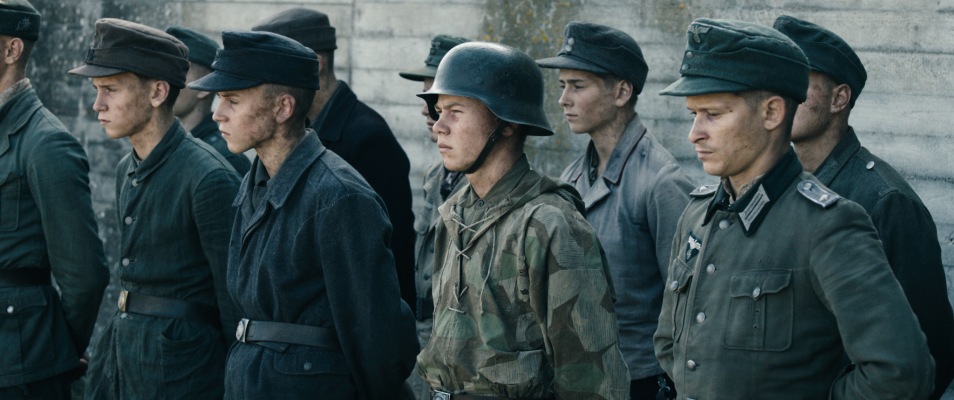
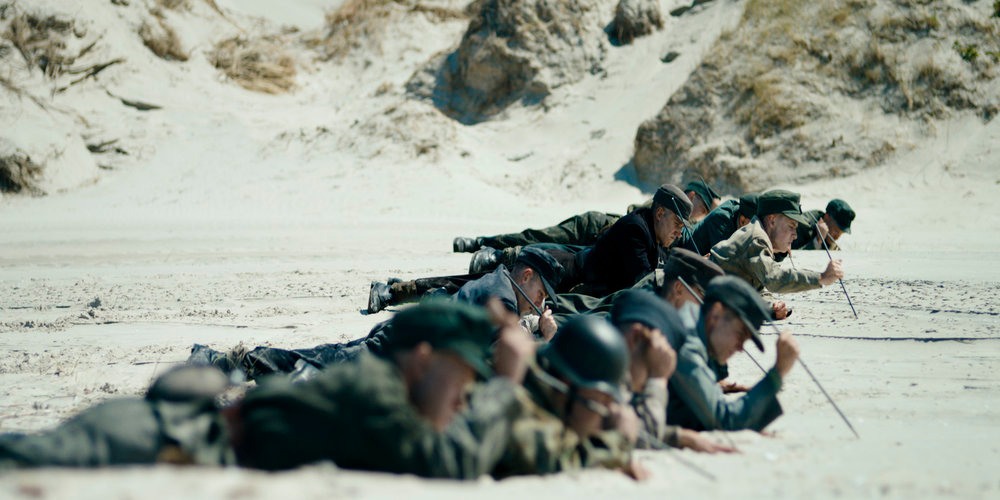
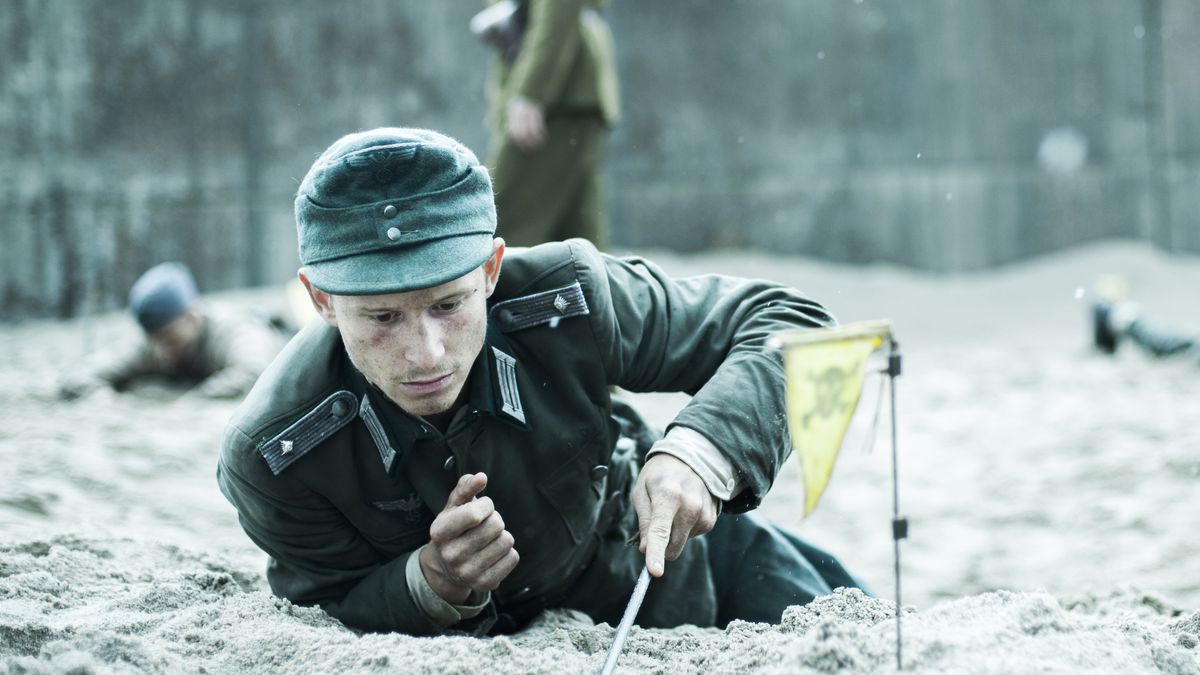

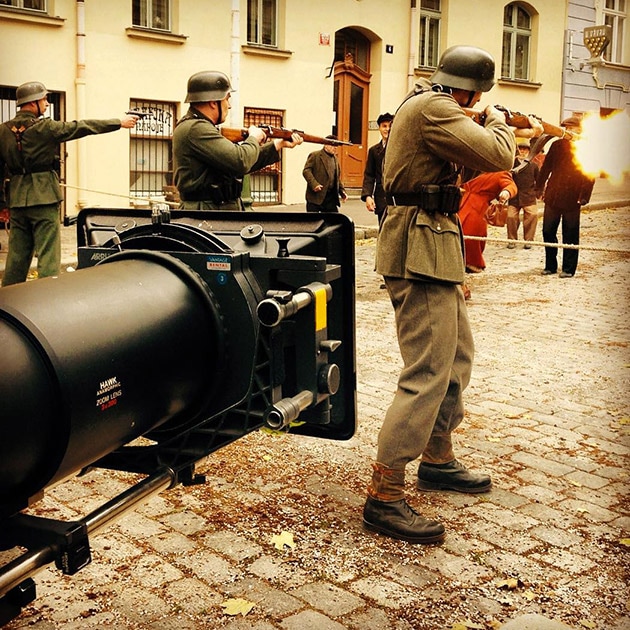
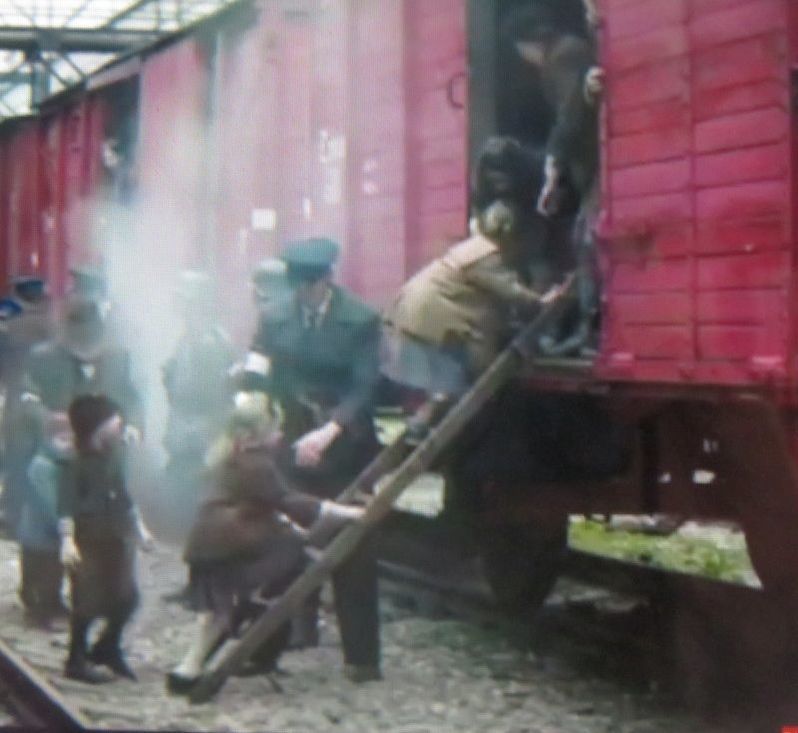
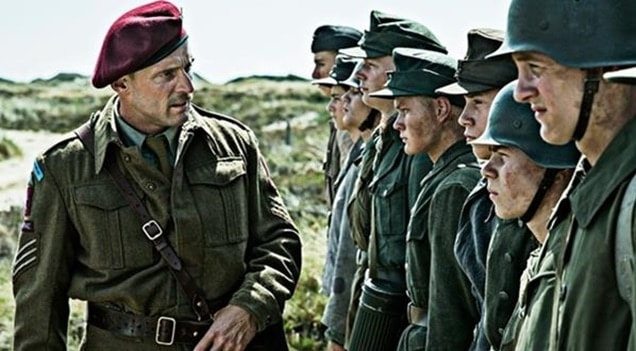


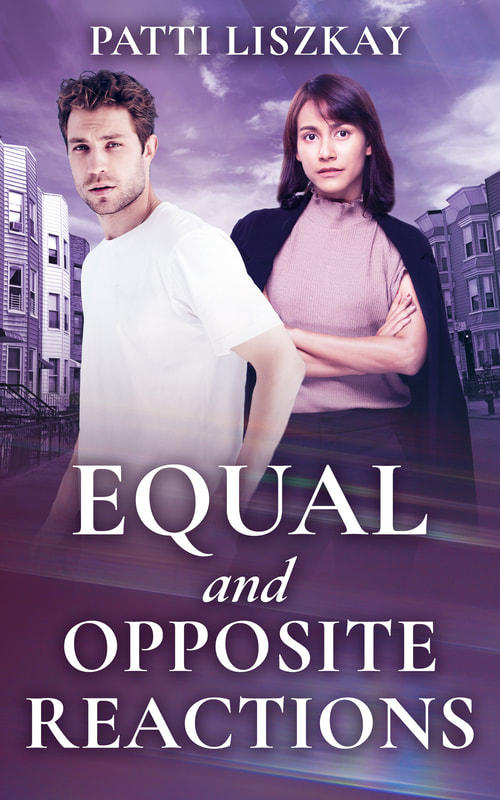


 RSS Feed
RSS Feed